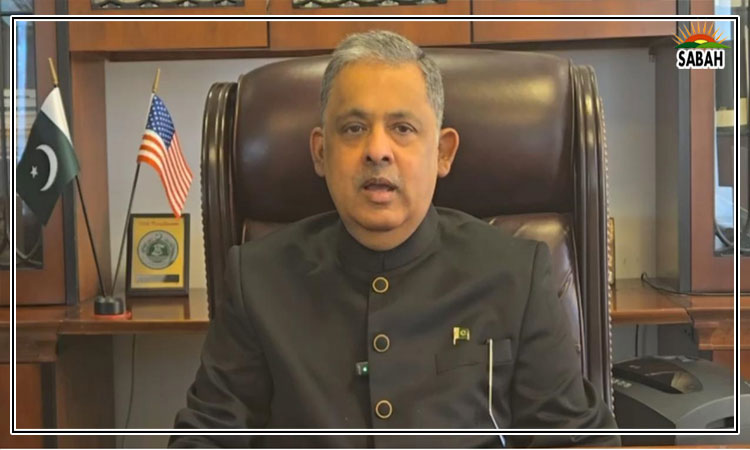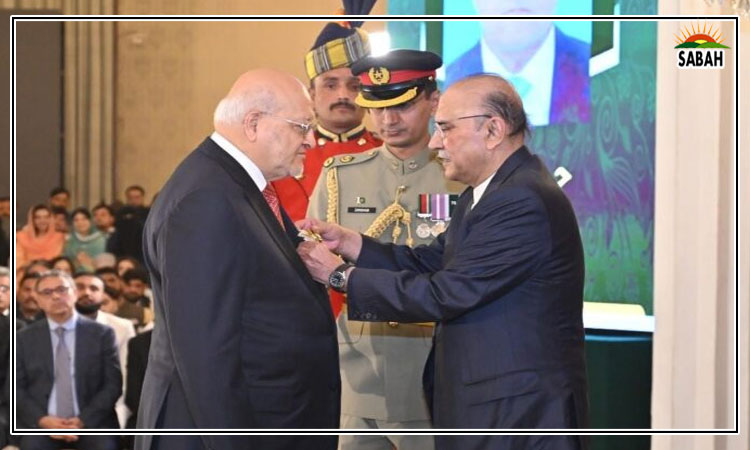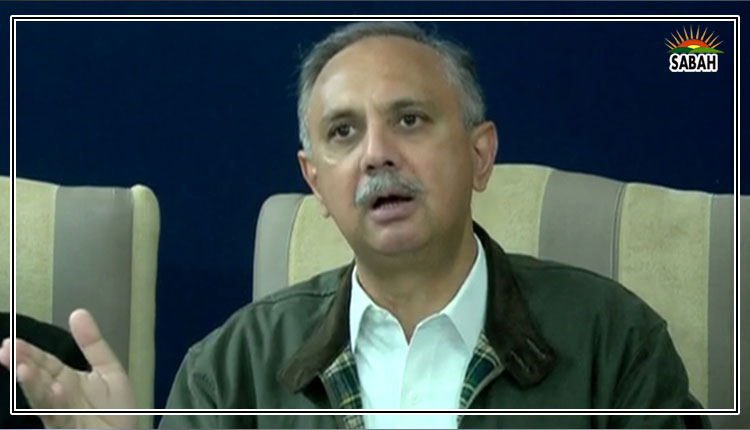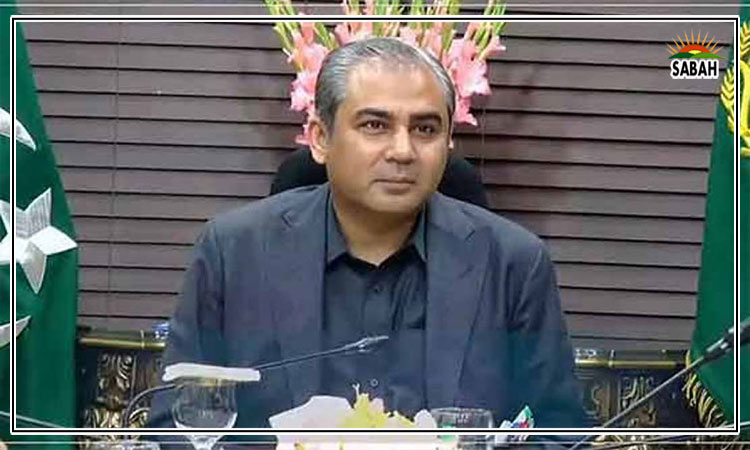Navigating the murky waters: should Ukraine join Nato now?….. Majid Burfat
The 2024 NATO Summit in Washington DC served as a stark reminder of the enduring importance of the alliance in a world teetering on the precipice of major conflict. As the war in Ukraine rages on, a critical question dominates discussions: should Ukraine be fast-tracked into NATO membership, or should the alliance adopt a more cautious approach? Two distinct narratives have emerged, each offering compelling yet incomplete perspectives.
The narrative advocating for unwavering support through immediate membership resonates with the urgency of the situation. Proponents argue that granting Ukraine membership would be a potent act of deterrence. By invoking Article 5, the cornerstone principle of NATO’s collective defence, an attack on Ukraine would be seen as an attack on all 32 member states. This, they contend, would serve as a significant deterrent, potentially forcing Russia to reconsider further aggression. The recently concluded NATO Summit offered concrete evidence of this commitment. The establishment of the NATO Security Assistance and Training for Ukraine (NSATU) programme signifies a tangible step towards bolstering Ukraine’s military capabilities. Furthermore, immediate membership for Ukraine would transcend its strategic value, transforming into a powerful symbol of solidarity. It would stand as a beacon of hope for democracies facing the rising tide of authoritarianism, sending a clear message: a united front stands firm against those who seek to redraw the map of Europe through brute force.
However, the counterpoint offered by the narrative of prudence before integration is equally compelling. Opponents of immediate membership warn against the potential for escalation. Granting Ukraine membership now, they argue, could be misconstrued as a deliberate provocation by Russia, potentially leading to a wider confrontation between NATO and Russia. Additionally, they emphasise NATO’s primary responsibility to its existing members. Integrating Ukraine into the alliance during an ongoing conflict could strain NATO’s resources and create internal divisions. The summit’s focus on “increased defense spending and strengthened defense industrial base” aligns with this perspective. It underscores NATO’s commitment to ensuring its own preparedness for potential future conflicts. Moreover, the promise of eventual NATO membership itself might incentivise Russia to escalate its efforts to prevent Ukraine’s integration, further prolonging the conflict and inflicting even greater suffering on the Ukrainian people.
Both narratives raise valid concerns though, the answer lies in charting a nuanced, balanced course that effectively addresses the complexities of the situation.
First, NATO should clearly outline a conditional path to membership for Ukraine. This path would be contingent upon achieving specific political and military reforms within Ukraine. While not an immediate solution, it provides a long-term goal that fosters stability and offers a clear direction for Ukraine’s future. Second, the alliance should prioritise de-escalation and diplomatic engagement with Russia. Third, NATO can significantly enhance Ukraine’s defence capabilities through intensive training, provision of advanced equipment, and comprehensive intelligence sharing. As evidenced by the summit’s commitment to “increased military, political, and financial support”, the alliance is already taking concrete steps in this direction. This approach strengthens Ukraine’s position without triggering the full weight of Article 5, potentially deterring further Russian aggression.
The decision on Ukraine’s NATO membership is a delicate one, fraught with complexity. While immediate integration carries the risk of escalation, a cautious approach could leave Ukraine vulnerable. By pursuing a balanced course, NATO can effectively deter aggression, ensure Ukraine’s long-term security, and navigate the murky waters of the current geopolitical landscape. This path not only strengthens the alliance’s core principles but also demonstrates its adaptability in a world constantly in flux.
Courtesy Express Tribune












